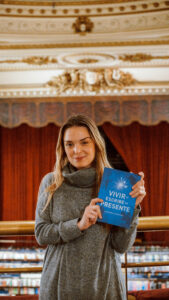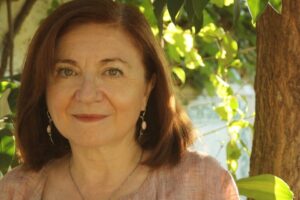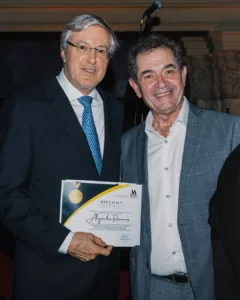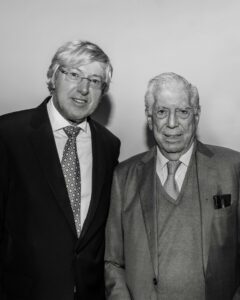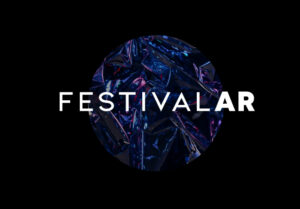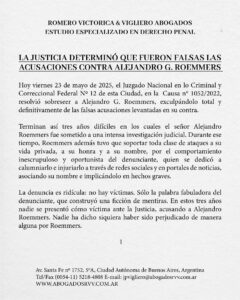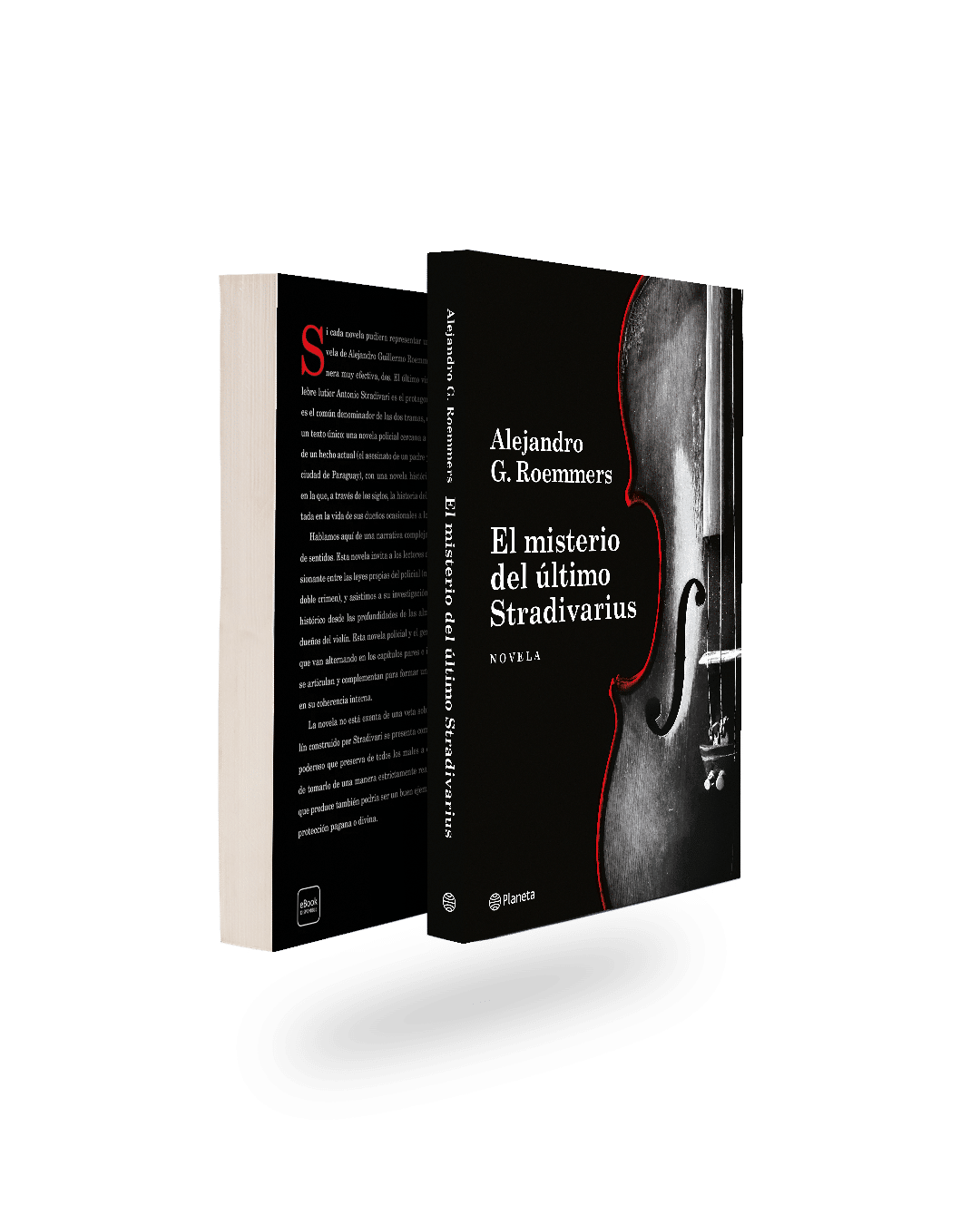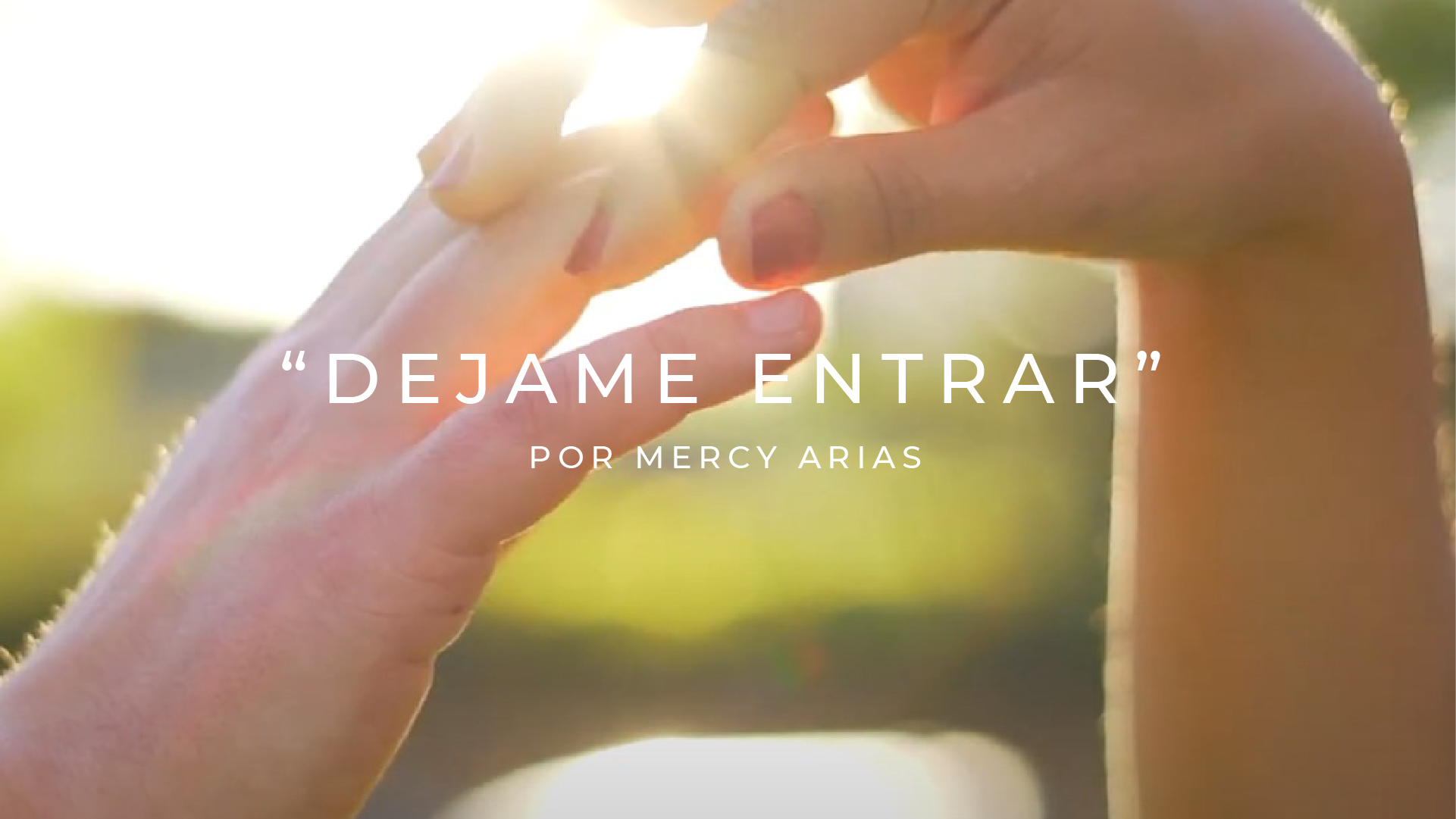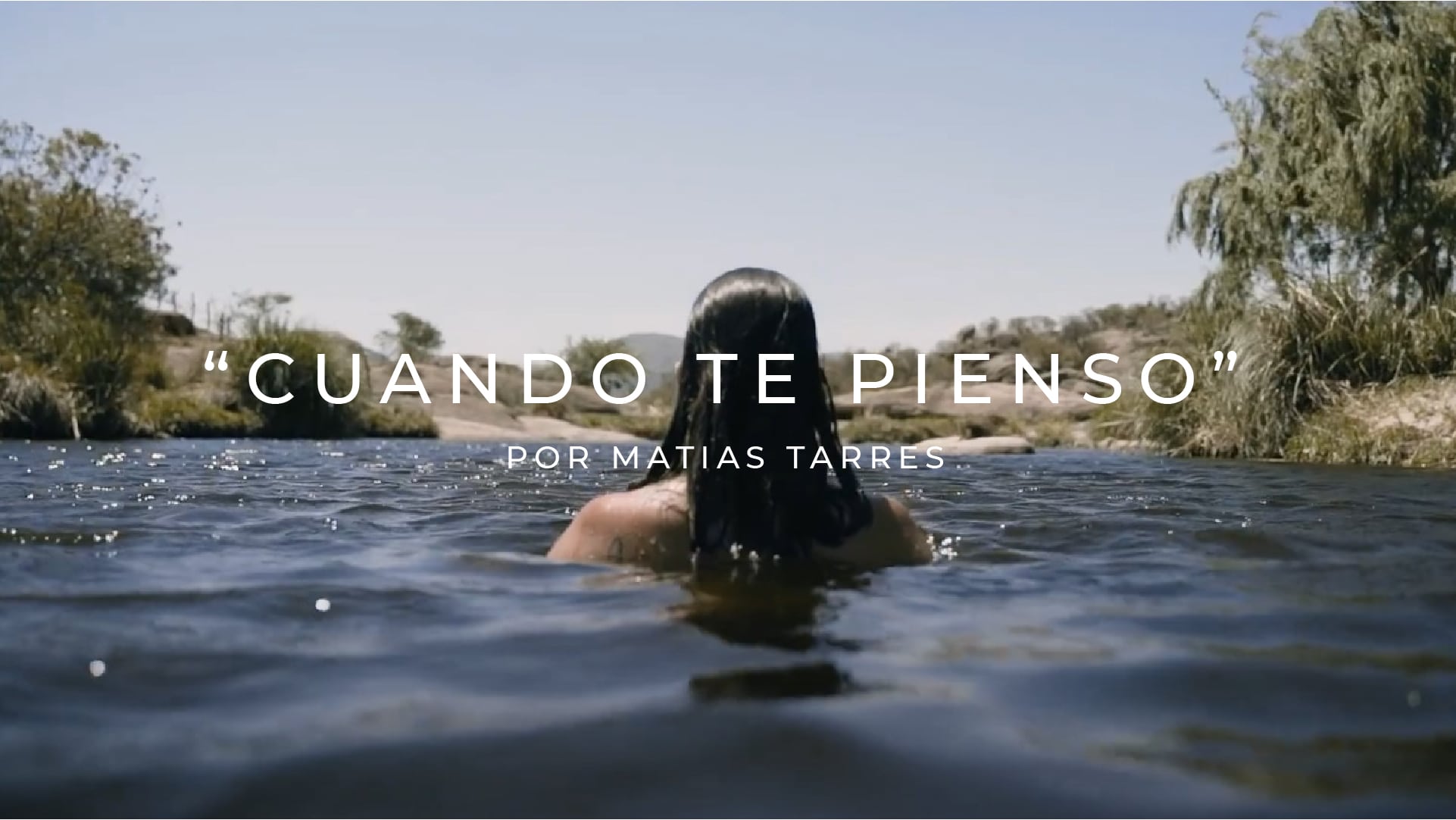At the Book Fair, among friends, teachers, journalists and faithful readers, the businessman presented his new work, inspired by the story of “The Little Prince” and set in Buenos Aires
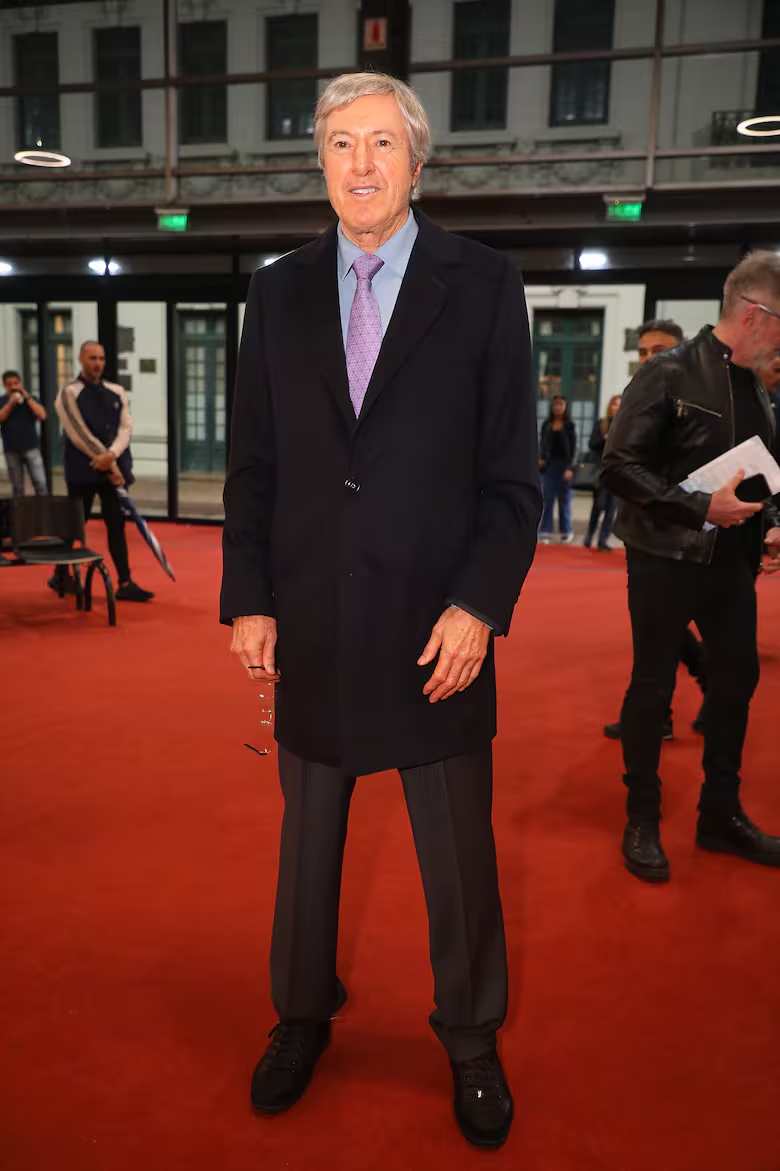
Alejandro G. Roemmers at the presentation of his new book at the Book Fair, in La Rural

María Laura Santillán
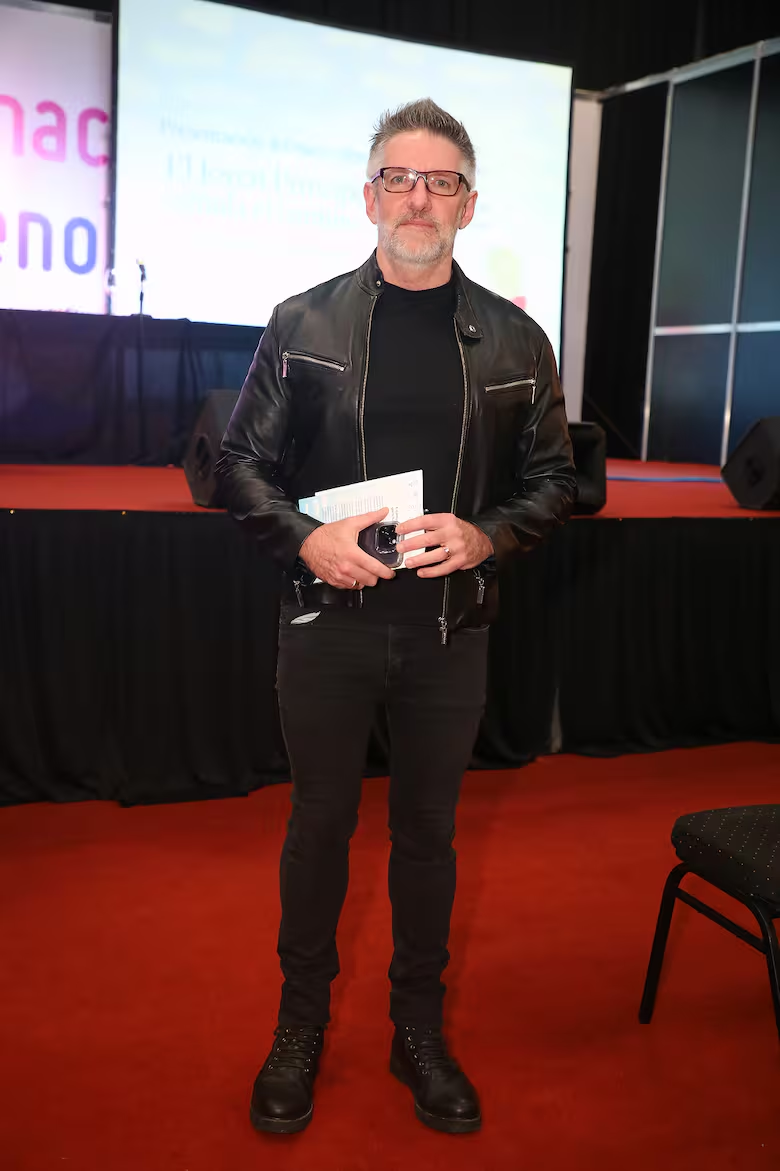
Luis Novaresio
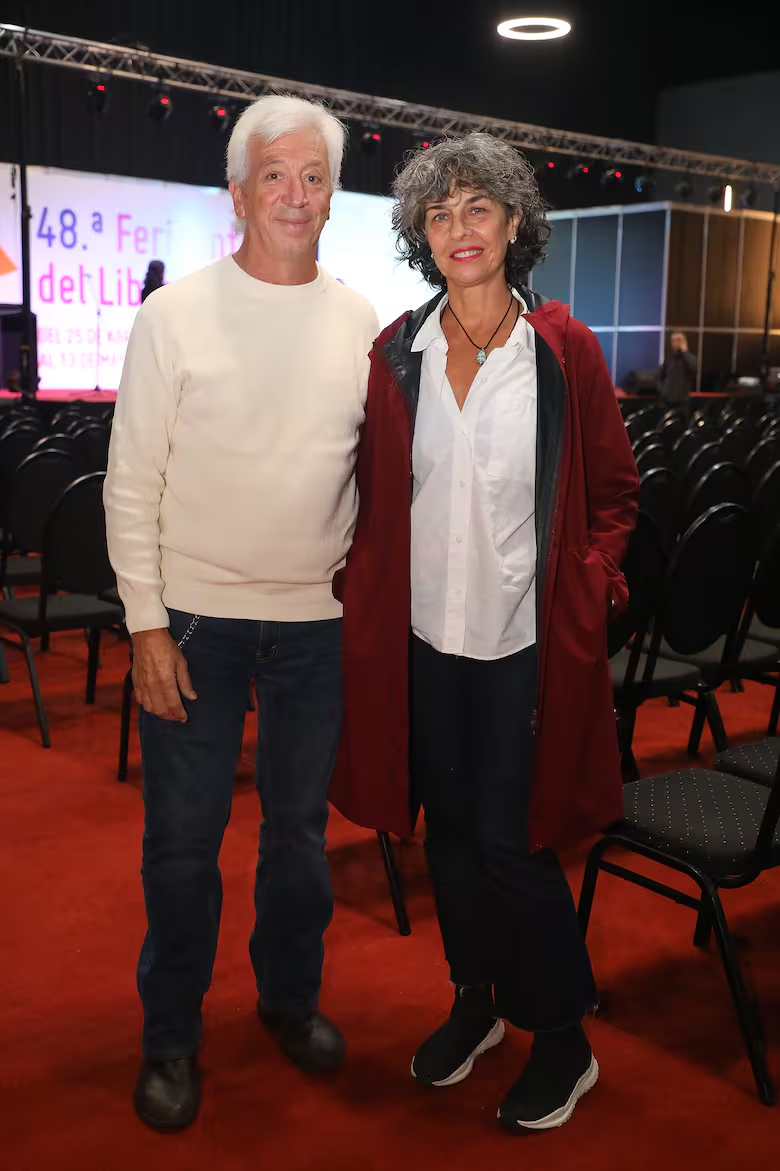
Ignacio y Gabriela Miguens
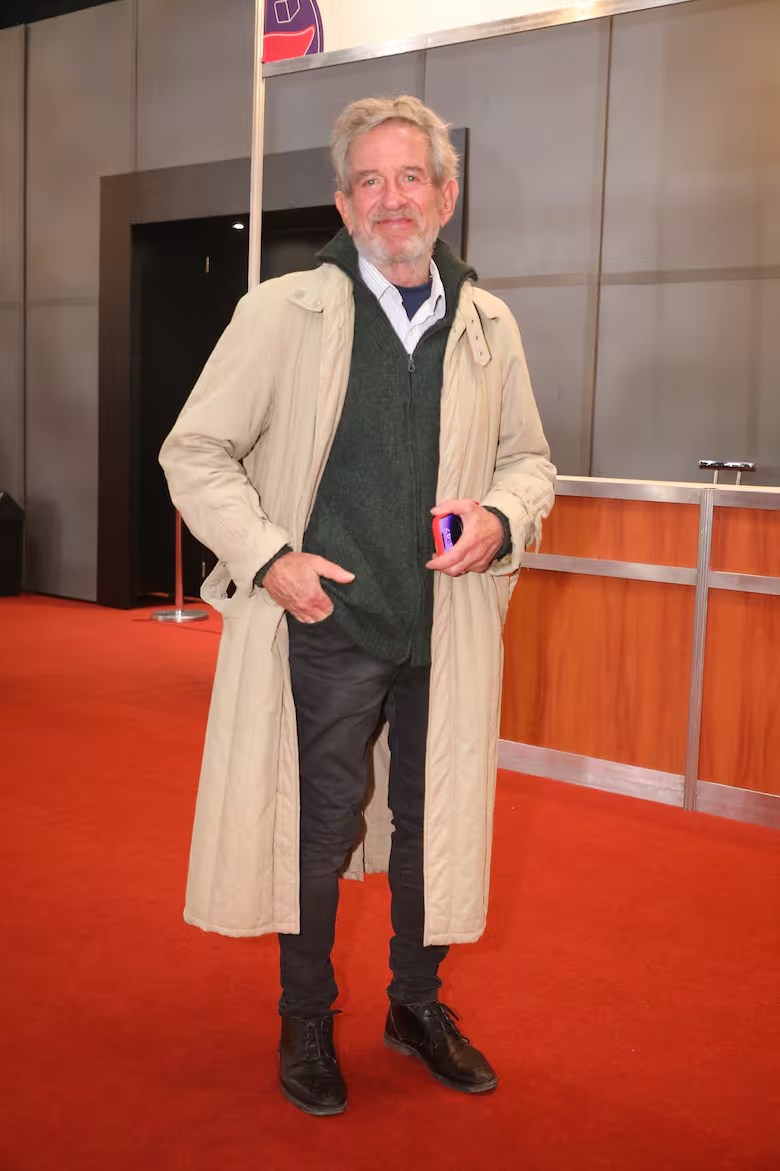
Pablo Alarcón
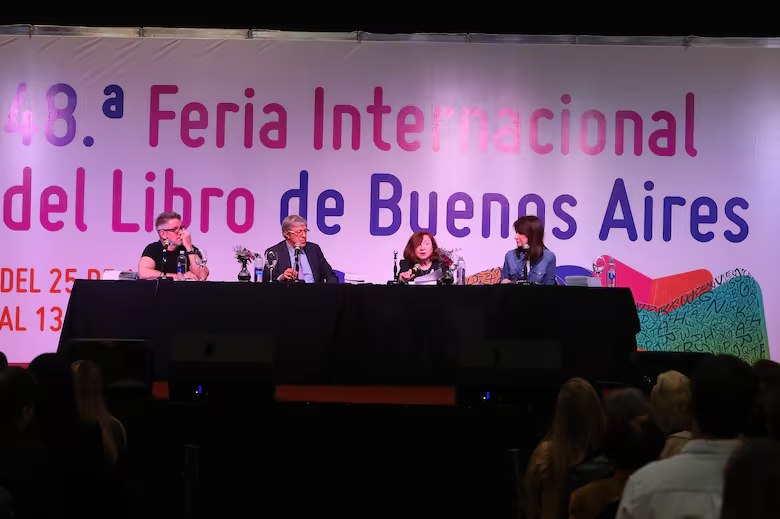
“I always liked education, and I talked about it with my friend Federico, who was a seminarian – who is here today – about how I would like a different school where other things are taught. Today we have Google to search, artificial intelligence… is not the same. Teaching to collaborate, because there are very few things that are done individually, it is always teamwork, of many people,” Roemmers highlighted.
The arrival of Alejandro Roemmers to La Rural. “I think I always wanted to be a teacher,” the author noted. “What really needs to be taught? Any businessman has people with different styles and qualities. I think we have to learn to collaborate, integrate and accept differences of opinion, and that has to be taught from a young age,” highlighted the author, about his book, which he hopes will be material in schools

“Friends, nephews, godchildren, I feel very happy to present a book especially because it gives me the possibility of meeting friends that sometimes one does not always see, especially I who am not in Buenos Aires much and sometimes this is the occasion to seeing each other. It’s a very happy moment. When I wrote my first book about this character, Juan, I thought about continuing it one day.”
Alejandro G. Roemmers presented his book at the Book Fair. “When I read newspapers, I read different newspapers, I like it and I find things that should be taught, like teaching judgment. Now with this fake news, being able to have judgment, common sense. And, if it were true, think that it probably isn’t It was a product of chance. Not to suspect everything but to have a criterion, to be curious, to doubt. Here I have even a godson who immediately takes it upon himself to say, ‘no, that’s false’ and that’s good, because you can’t take everything. what is published”
“One has to be creative, that is very important, but also be authentic, spontaneous and try to generate a real moment,” Roemmers highlighted about his presentation. “I don’t usually prepare anything”
“One remembers those teachers who challenged them or in some way made us think, but always the creative ones, those who came with something we did not expect. We must not lose the magic. I wish the teachers came every day with something new , with a new trick, so that they don’t see it coming,” said Roemmers before an audience with many teachers at the Book Fair
“Technology advances and our brain regresses. Telephones become wiser and we become dumber because with the calculations we can do with the machine, we stop making mental calculations. And this happens with memory, why use it if we have everything there, but what happens if, as happens in the book, the connection with a satellite is cut? We need memory, the human being loses memory but because he does not exercise it”
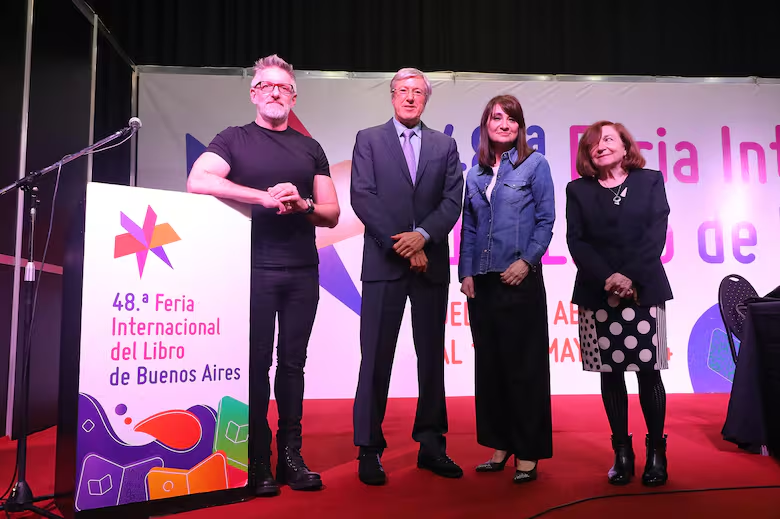
“The book talks about new technologies and whether everything that comes is better. I write by hand, and then they have to pass it but they have to deal with understanding my handwriting. I never could with the computer, but with the cell phone. It’s Furthermore, two chapters of this book were written on the train, from Madrid to Malaga and from Malaga to Madrid, which is three hours on the cell phone,” said Roemmers.
Alejandro G. Roemmers’ presentation at the Book Fair about the plot of the book and education. “My father and I disagreed with something. He said that when there are explanations it means that the result was not achieved. However, for me the analysis was very important, of why it had been achieved or not, whether everything possible had been done or not. “For me it was important because sometimes it is not achieved at that moment, but learning allows you to achieve it next time.”
